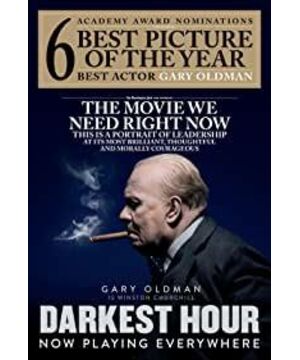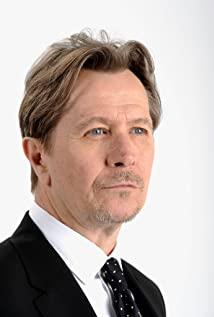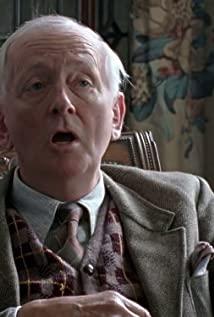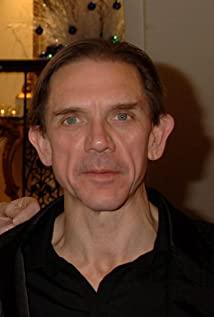First, let’s popularize the historical background, which is almost the whole film: In May 1940, Churchill became prime minister for the first time. Facing the crisis of the collapse of the war in the main theater of Europe, he persuaded the parliament. and the Cabinet to initiate the Great Retreat Resolution.
[Actor]
Sirius Gary Oldman's acting skills are really good, and the splendid performance of his performance has made the audience feel that this is purely a biopic, but don't ignore that it often requires the cooperation of many other characters to pass the details. Processing to bring out the character image.
1. The secretary's role is set to represent the general public's perspective, respect and fear, and then slowly discover that the Prime Minister is actually an interesting "ordinary person", and Lily's performance is more natural than her performance in "Cinderella". , but it may be the reason for the editing, some emotions happen to her too fast.
2. The role of the enemy is really hated as the plot progresses, but Stephen Erlu's performance is really stable, which makes people grit their teeth.
3. If the story is the most important, the settings of Churchill's wife and George VI are very important (although the king actually appears to be very routine in the film, the routine of heroism movies). In addition to supporting the fullness of the protagonist's image, these two characters play a key role in interpreting the title of "Darkest Hour". An emotional expression that represents the perspective of "family" and "relatives", and an attitude that represents the attitudes of different strata under the special system of the United Kingdom. In the performance of the "darkest" scenes, it is very light and not full enough. (My position is that if you want to tell a story through a character, then the other character lines should be "cleaner". If the other character lines have independent narrative scenes, I will think that this is not just a film that tells a story through one character, and then The role of independent narrative is not full enough)
4. The character setting on the subway is very rich, and it is almost comprehensive, and it plays a role in supporting the protagonist and assisting the theme.
I won't say much about Oldman's performance, everyone is complimenting it, and it's really good. However, it is hard to say whether the golden man can win the Oscar for the best actor, but he is definitely a strong contender.
Digression: The cast made me believe that Cinderella's fairy godmother must be a graduate of Gryffindor.
[Biography]
I just talked about a lot of character setting issues. In fact, many people regard it as a biopic, but also the director's fault. The fault is that the protagonist's character line has been carefully written in the details. Churchill's origin, daily habits and temperament are all expressed in the form of dialogue in the film.
In fact, I think the family background is quite superfluous (some people say that it is to pave the way for him to be a noble so he can't take the subway), it really looks like a biopic. And his denunciation of Hitler, etc., showed a layer of "class contempt" (I don't know if he felt that way), and I don't know how much it means to the theme.
[Aesthetics]
I said at the beginning that this is a film that continues the British tradition. Director Joe Wright's debut film is "Pride and Prejudice". Therefore, in terms of clothing, photography, lighting, etc., it is still very particular.
For example, the two long-shot street scenes in the film, the shadow processing of the faces of the characters under the dim lighting, and the light dynamics of Churchill and George VI in front of the glass are all very skillful. And this kind of tone and light and shadow processing is really British style. The British restoration of the wartime state is also precise and immersive.
Therefore, the visual and auditory skills of the film are very good, and it is worth watching.
【significance】
"The Darkest Hour" was supposed to be a film depicting a historical moment. The director wanted to tell history through Churchill, and arranged the characters to support the theme. The balance between the story and the characters was still unsatisfactory. But it cannot be denied that the director has indeed created a classic and more complete image of Churchill. If the story is the main thing, I personally recommend to learn more about the handling of "Dunkirk". It is very meaningful to use the greatness of characters to tell the greatness of history, so the award for best director is also reasonable, after all, it is excellent in terms of meaning.
In addition, the reappearance of the classic clips is also full of emotions but not excessive, which is also related to the actor's acting skills. The transformation of the eyes and the "incoordination" of the movements are all parts worth recalling.
[Awards]
Although the Oscar contenders haven't seen much yet, "Darkest Hour" should be nominated for one of the best director, best actor and technical awards. As for whether to win or not, it depends on the level of the opponent.
Call for Sirius again!
View more about Darkest Hour reviews











